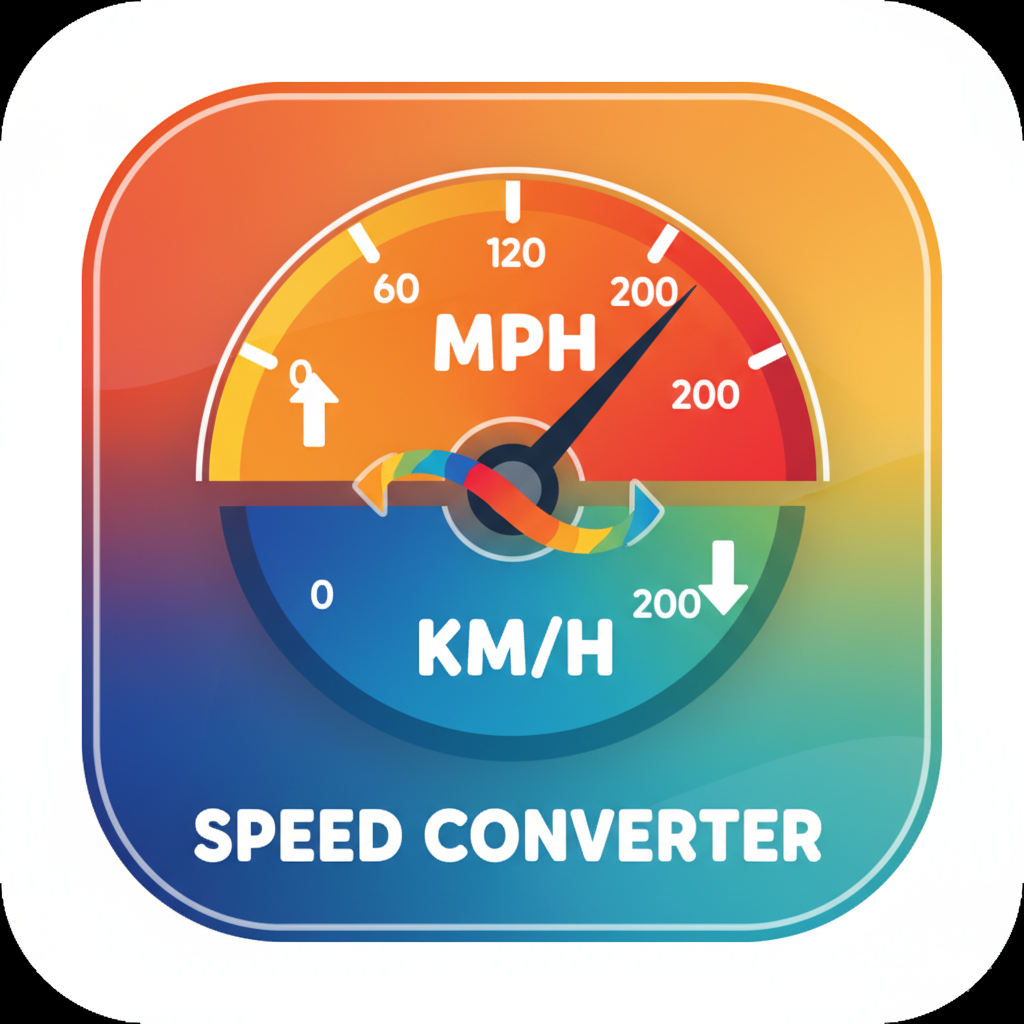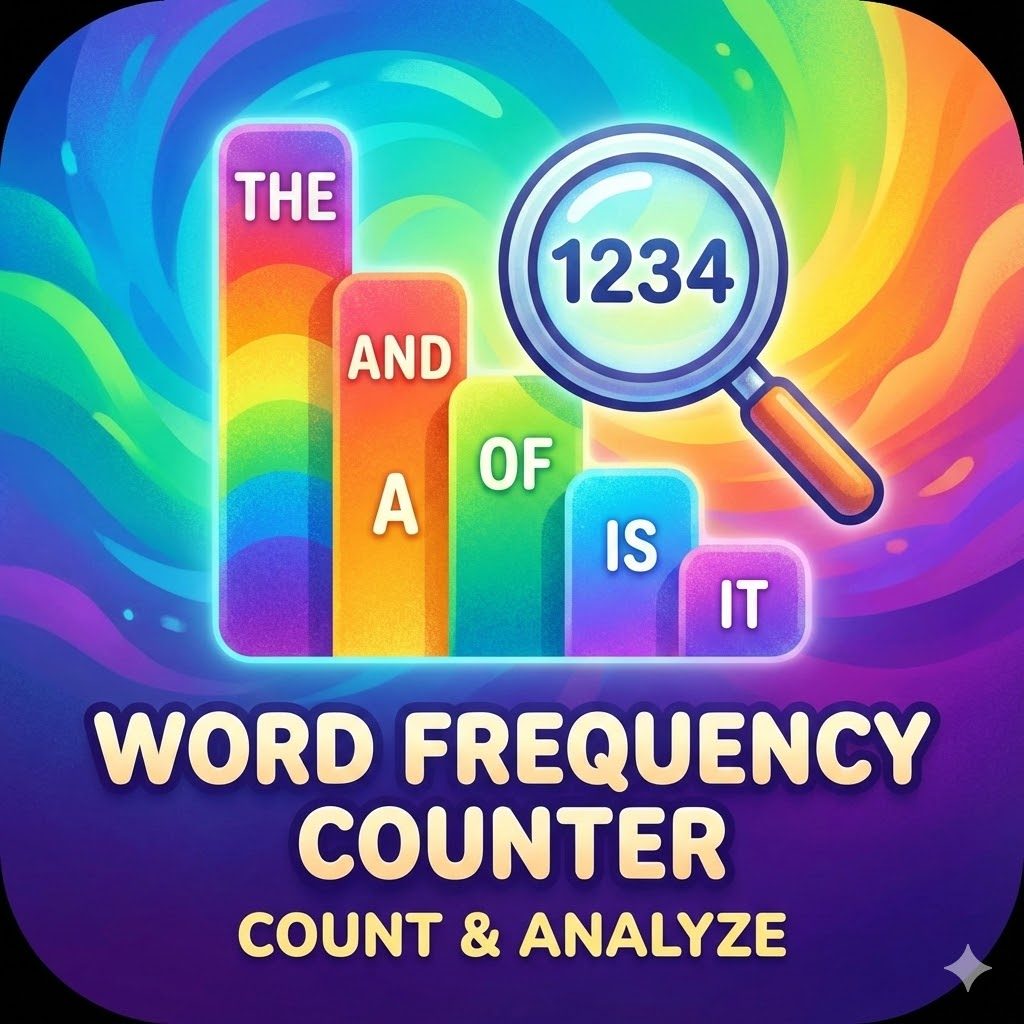MPH to KM H Speed Converter
Convert miles per hour (MPH) to kilometers per hour (KMH) quickly and easily. Use our free online speed converter for accurate results.
The MPH to KM/H Speed Converter is a precise, easy-to-use, and reliable digital tool designed to convert Miles Per Hour (MPH) to Kilometres Per Hour (KM/H) accurately and instantly. Speed is measured differently across countries and industries, and converting between these two units is essential in everyday life, education, sports, transportation, and professional fields. This converter uses the scientifically established conversion rate:
1 MPH = 1.60934 KM/H
ensuring that your results are mathematically precise and suitable for both personal and professional applications.
Miles per hour (MPH) is commonly used in countries like the United States, United Kingdom, and a few Caribbean nations, particularly in road traffic signs, vehicle speedometers, and aviation. Meanwhile, kilometres per hour (KM/H) is the standard international unit, used in most of Europe, Asia, Australia, Canada, Africa, and India, and as the global metric standard. The MPH to KM/H Speed Converter bridges this difference, providing accurate and instant conversions that help users interpret speed figures correctly across regions and contexts.
For drivers and road travelers, this tool is invaluable. Whether you’re driving across borders, renting a car abroad, or using a GPS set to different units, understanding speed limits accurately is vital for safety and legal compliance. For example, a 60 MPH speed limit is equivalent to roughly 96 KM/H. The converter helps prevent incorrect assumptions that may lead to speeding or driving too slowly.
Aviation professionals and pilots frequently use speed conversion, since aircraft speeds are usually displayed in knots or MPH, while international air traffic information and weather data may be presented in KM/H. This tool allows pilots, flight planners, and aviation students to convert speeds quickly and accurately for flight calculations, safety planning, and fuel efficiency.
Athletes and fitness enthusiasts, especially runners, cyclists, and marathon trainers, often compare speed metrics across different apps and performance trackers. Some fitness apps display speed in KM/H while others use MPH, depending on region. This converter helps athletes make sense of their pace, improve training accuracy, and compare performance internationally.
In education, especially in science, math, and physics classes, students often encounter problems involving unit conversions, including speed. The converter helps students and teachers quickly convert MPH to KM/H, improving learning efficiency and reinforcing understanding of unit conversions in real-world scenarios.
For professionals in logistics, transportation, shipping, and fleet management, accurate speed conversion supports planning, documentation, delivery time estimation, and international compliance. Knowing speed in both MPH and KM/H ensures clarity when planning routes, monitoring vehicles, and preparing cross-border travel records.
Content creators, researchers, travel bloggers, and journalists also benefit from converting speed figures for global audiences. Whether reporting on vehicle performance, sports events, or weather conditions (such as wind speeds), using correct speed units enhances clarity and professionalism.
The MPH to KM/H Speed Converter is also useful for boating and marine navigation, where speed is often shown in knots but interpreted in MPH or KM/H for broader accessibility.
The tool’s interface is clean, intuitive, and mobile-friendly. Users simply input speed in mph, and the converter instantly displays the equivalent speed in km/h—precise to multiple decimal places, with rounding options available for practical usage.
In summary, the MPH to KM/H Speed Converter is a versatile, accurate, and essential tool for travelers, professionals, students, athletes, and everyday users. By combining convenience with precision, it ensures quick, reliable conversions—supporting safety, learning, performance, and global communication across all speed-related applications.






